I would like to roll over $800K to a Roth IRA and keep the tax bill low. How should I do this?
If you’ve looked into the benefits and decided that you’d like to convert funds currently held in other accounts to a Roth IRA, you’ve undoubtedly considered the tax implications. Here, we explore options for having your cake and eating it, too – rolling money into a Roth while keeping your tax bill as low as […] The post I would like to roll over $800K to a Roth IRA and keep the tax bill low. How should I do this? appeared first on 24/7 Wall St..
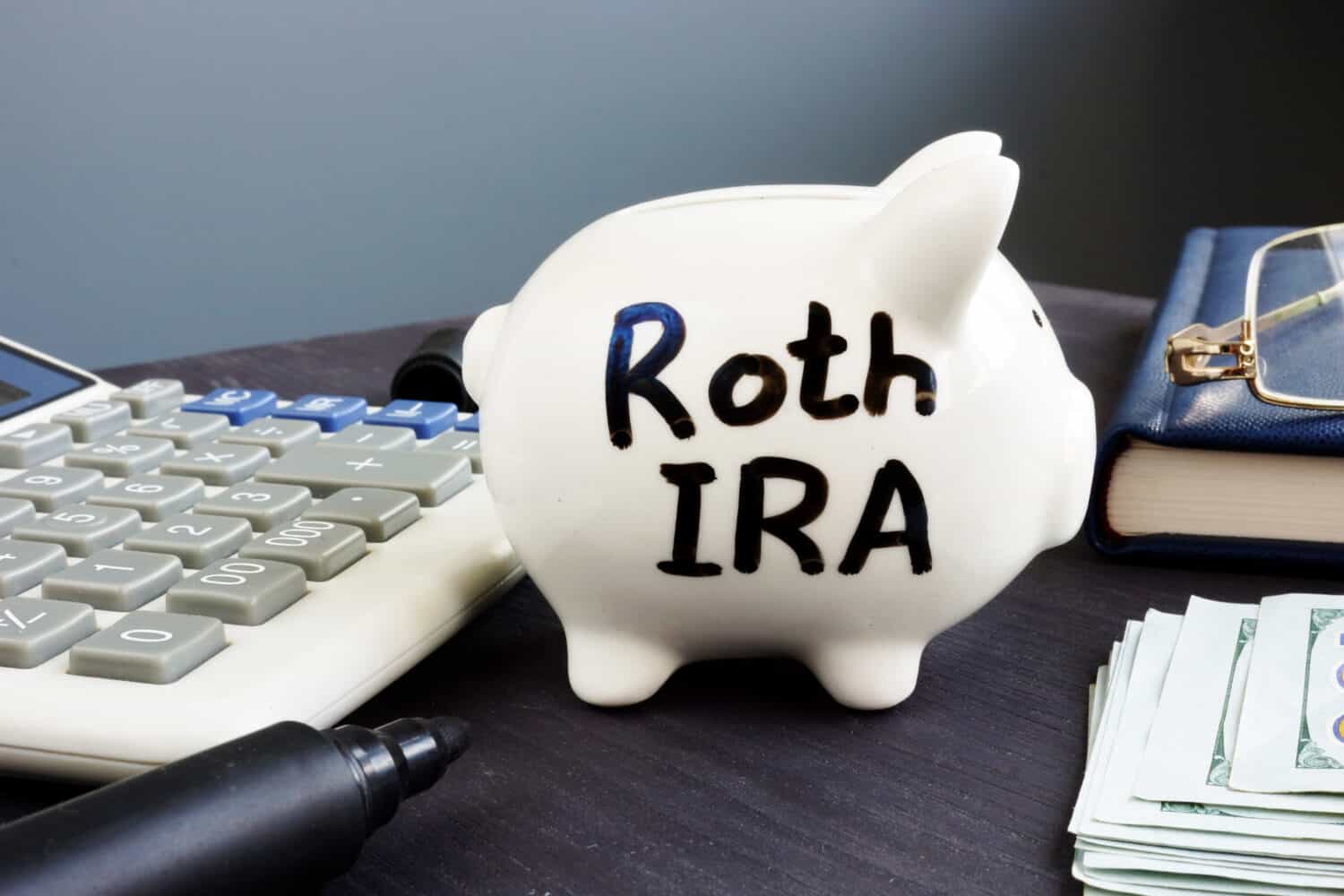
Key Points
-
Strategically timing withdrawals from an existing account can save you thousands.
-
If you’re rolling the funds from a Roth 401(k) into a Roth IRA, make sure the check is sent directly to the new account to avoid paying taxes.
-
It may not be pleasant to experience financial difficulties, but it “down years” could be the perfect time to make a withdrawal.
It may not be pleasant to experience financial difficulties, but it “down years” could be the perfect time to make a withdrawal.
-
Are you ahead, or behind on retirement? SmartAsset’s free tool can match you with a financial advisor in minutes to help you answer that today. Each advisor has been carefully vetted, and must act in your best interests. Don’t waste another minute; get started by clicking here.(Sponsor)
If you’ve looked into the benefits and decided that you’d like to convert funds currently held in other accounts to a Roth IRA, you’ve undoubtedly considered the tax implications. Here, we explore options for having your cake and eating it, too – rolling money into a Roth while keeping your tax bill as low as possible.
Consider a direct rollover
The original question doesn’t say where the $800,000 is currently held. If you happen to be rolling a Roth 401(k) to a Roth IRA, the process could not be more straightforward.
- Check eligibility: Ensure your Roth 401(k) is eligible for a rollover. If you’ve reached retirement age or have left your job, you can normally roll the money over without penalties.
- Open a Roth IRA: If you don’t already have one, open a Roth IRA with the institution of your choice.
- Request a direct rollover: This step is essential. Contact your 401(k) plan administrator and request a direct rollover to the new Roth IRA. You do not want the funds to be sent to you but rather directly to the new account. If the check is sent directly to you, a 20% tax withholding will be applied. A direct rollover is always the better option.
For each of the following suggestions, we’ll assume that the funds are not currently held in a Roth 401(k) but in some other type of retirement or bank account.
Know your tax bracket
It helps to have one eye on current tax brackets. That’s because so many of the decisions you’re going to make are based upon whether or not they’ll push you into a higher tax bracket and, if so, how that will impact your bottom line.
Stagger conversions
Money taken from a pre-tax account like a 401(k), 403(b), 457(b), Solo 401(k), or Traditional SEP IRA will be taxed in the year the withdrawal is made. Even if you plan to put every dollar you withdraw into a Roth IRA, you will still owe taxes on the money (plus a 10% penalty if you’re under the age of 59 ½).
Rather than pull the entire $800,000 out in one year, stagger withdrawals. Based on what else is going on with your income (more on this in a moment), decide how much you can afford to transfer each year until it’s all been moved into the new retirement plan.
Be strategic
Simply put, some years are more prosperous than others. Let’s say you’re injured and undergo several surgeries to get back on your feet. It’s clear that your healthcare bills are going to exceed 7.5% of your adjusted gross income (AGI), and you’ll be able to claim them as a tax deduction. In the meantime, your spouse has taken time off from their job to care for you, and your overall monthly income is down.
As bad as the situation is, there is one silver lining: Although converting money from one account to a Roth IRA will still require you to pay taxes, your tax rate is likely to be lower than it would be if you had a banner year. The goal is to withdraw the money you need without getting pushed into a much higher tax bracket.
In a scenario like this, you can’t plan ahead, but if you have a year coming up when you expect your income to be lower than usual, that’s a great time to consider converting a portion of the money.
Speaking of tax bills, if you’ve been particularly charitable one year or suffered business losses, those deductions can help offset the taxes associated with withdrawing funds from your old account. If it’s looking like you’re going to be heavy in deductions, it’s a good time to consider making a withdrawal.
Pursue professional advice
There’s no reason to go it alone. If you aim to minimize the tax burden of the funds transferred, consider consulting with a financial advisor or tax professional who can help you develop a plan tailored to your specific situation.
The post I would like to roll over $800K to a Roth IRA and keep the tax bill low. How should I do this? appeared first on 24/7 Wall St..









































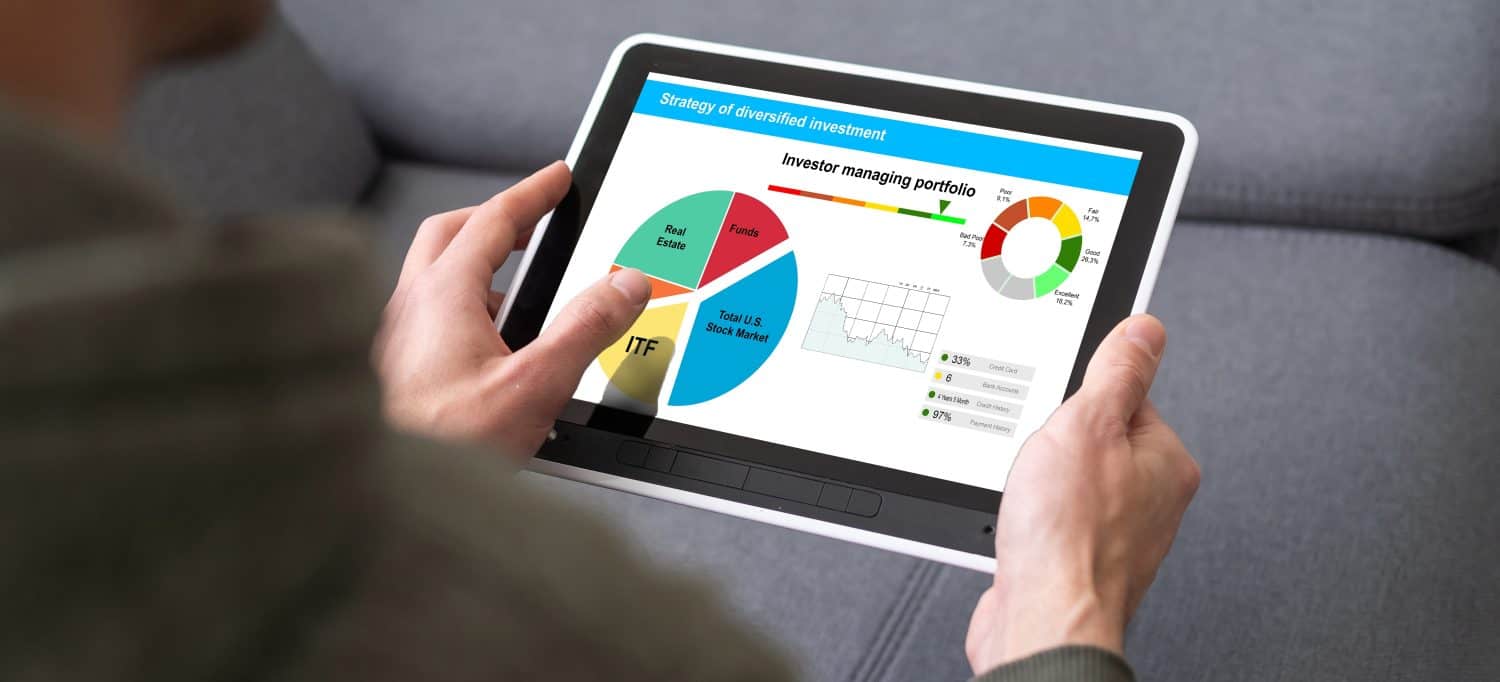



















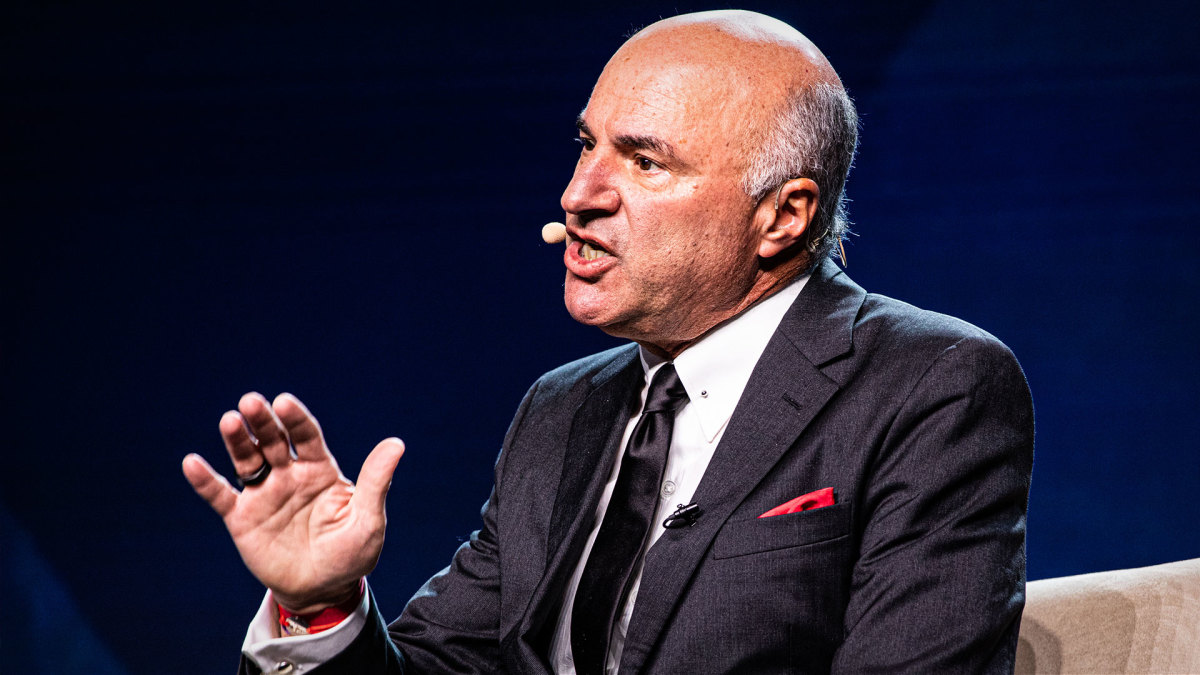

































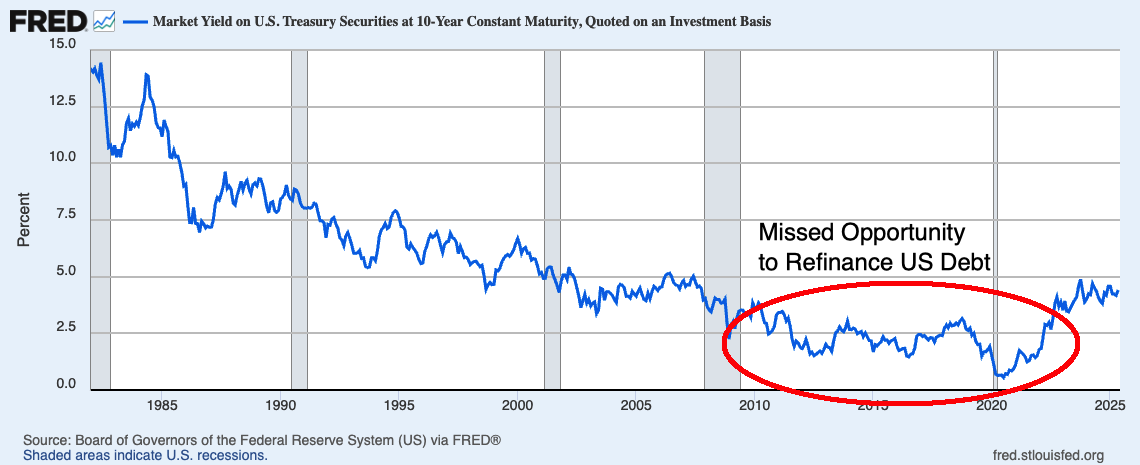



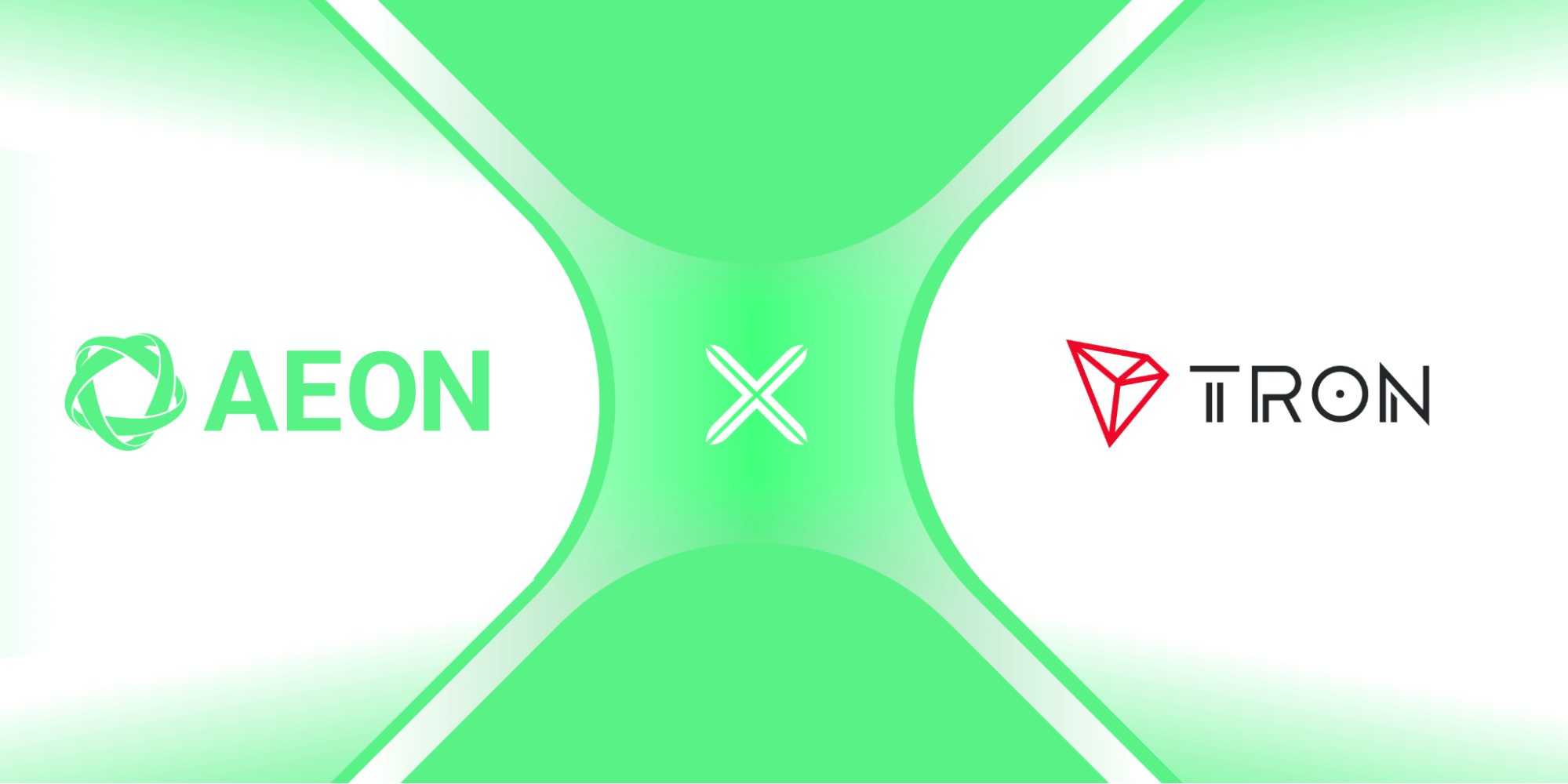






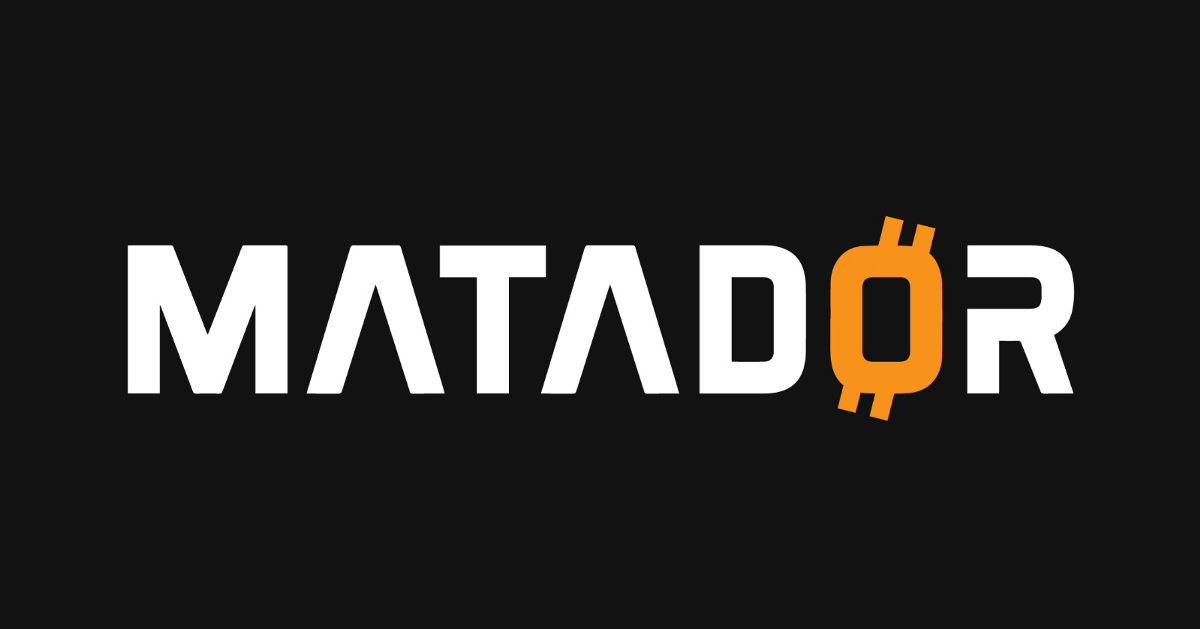










































-limited-logo-1200x675.png?v=20220228095611&w=240&h=240&zc=2)

































